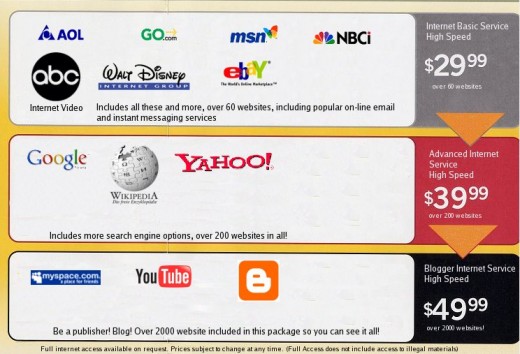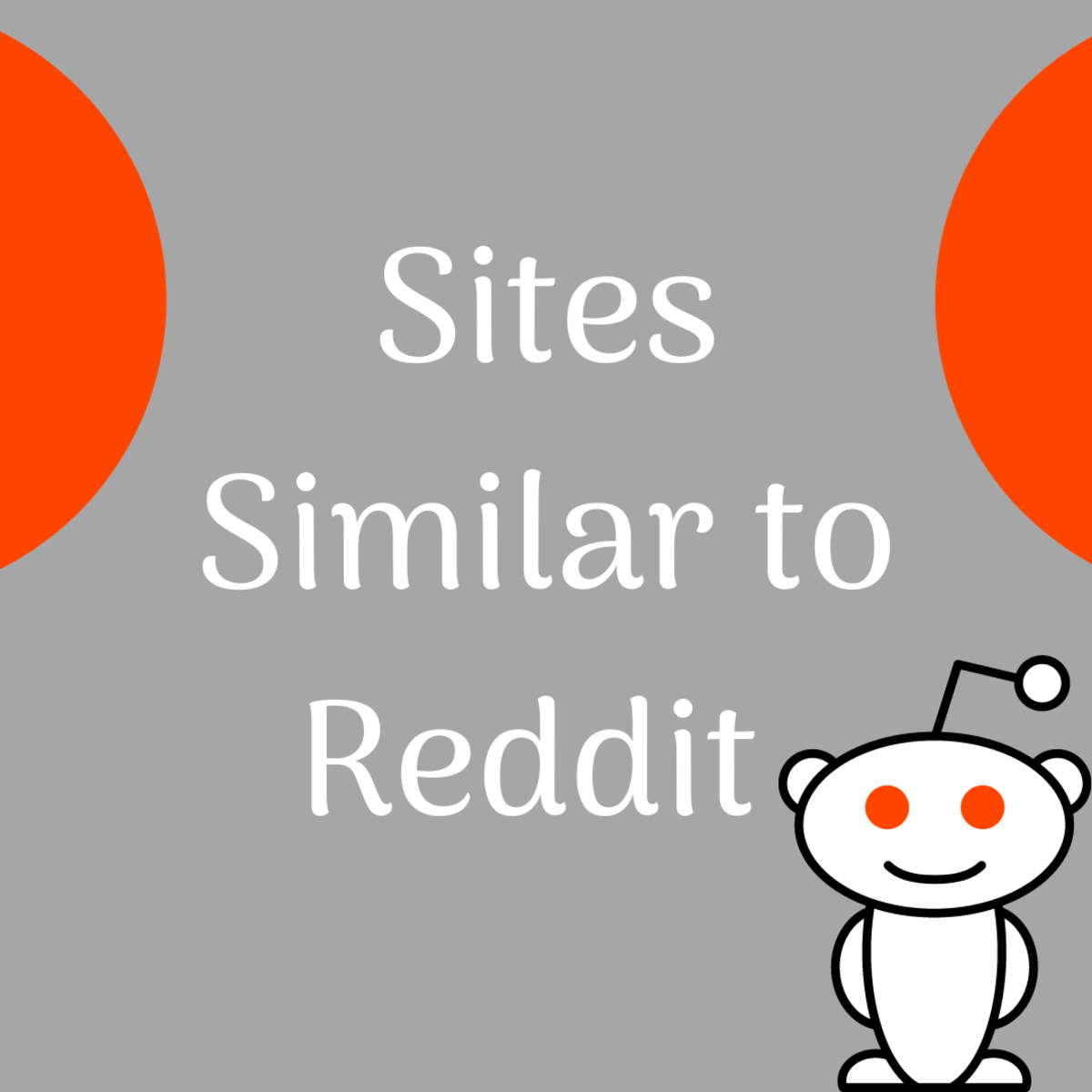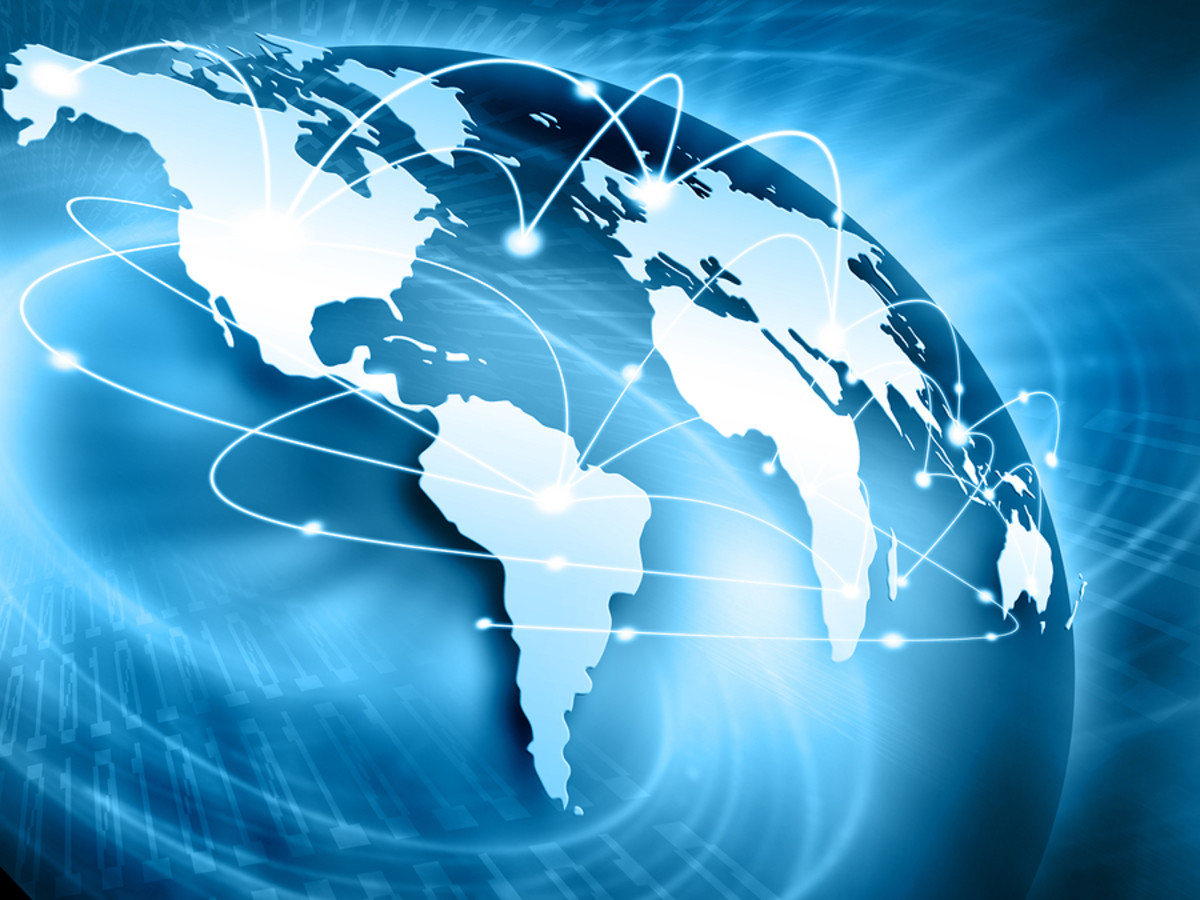Net Neutrality: The Fight against the FCC "Fastlanes"

The Wild West of the Internet
With the invention of the internet the world became a smaller place. People from across nations were suddenly able to connect instantly, share, create, innovate and explore. Online class rooms, streaming video, instant free photo sharing, social networking, information at the stroke of a key became a right that everyone with access to the internet came to enjoy. This was the golden age of the internet, the online equivalent of the Wild West, and was net neutrality in its purest form. But recently this utopia became threatened. Big time ISP's such as Comcast and Time Warner, hand-in-hand with world government legislation, are looking to create a "closed" internet...
...and most of the world doesn't even know it is happening.
The End of Net Neutrality?
Preamble to the Declaration of Internet Freedom
We believe that a free and open Internet can bring about a better world. To keep the Internet free and open, we call on communities, industries and countries to recognize these principles. We believe that they will help to bring about more creativity, more innovation and more open societies.
We are joining an international movement to defend our freedoms because we believe that they are worth fighting for.
Let’s discuss these principles — agree or disagree with them, debate them, translate them, make them your own and broaden the discussion with your community — as only the Internet can make possible.
Join us in keeping the Internet free and open.- Preamble to the Declaration of Internet Freedom
What is Net Neutrality?
Net Neutrality is the doctrine that governments and Internet Service Providers (ISP's) should treat and enable all data equally to all content regardless of the source and not charging differentially by content, user, platform, site, application, type of equipment, and without favoring or blocking particular web services or sites.
What does this mean in English? Everyone should have equal access to the internet. An advocate for Net Neutrality believes that Comcast or Verizon (examples of two ISP's) should not be able to charge more to customers or web indexes (such as Google) to access websites available to everyone, such as Facebook, nor block the content they wish us not to access. Advocates believe that these charges by ISPs are not the essence of a Free-Market but instead create inequality on a road that should have no tolls.
Basically, if Net Neutrality disappears, ISP's such as Comcast, Cox, TimeWarner, and Verizon will be able to control the content you have access to and charge the services you enjoy (Netflix, Pinterest, TheChive, Facebook, personal websites, etc.) a premium in order to get "preferential" treatment. You will have to pay the ISP's to not be blocked nor slowed down while using these sites. The broadband speeds will not increase for everything else, they will only bottle neck and slow for those that do not pay.This, in turn, will result in all of us having to pay more: once to access the internet, and again to access the sites we enjoy.
Why Does This All Matter?
The internet in its current form is mostly free and open, aside from the fee's we already pay to service providers. Just as everyone needs a phone line to participate in our modern society, everyone needs access to the internet to function as well. If we don't work together to establish better rules for the internet then our middle class, low income, rural, small businesses, churches and more will have less access to the vital communications and services that the internet currently offers. Everyone will simply be charged more for less.
What Your Future ISP Pricing Plan Could Look Like

The FCC Fastlane
The FCC recently proposed the "fast lane" option - named after the lanes on the highway where, after your taxes have paid to build and maintain the highway, for an additional fee, you can avoid the other traffic and go faster. The FCC will once again be voting on whether to move forward with a proposal that will allow broadband providers to charge extra fee's to content providers if they want their programming delivered in a fast lane so it streams reliably.
Tom Wheeler, The F.C.C. Chairman will be proposing two internets: One Slow (used by most everyone), and One Fast (for those who can afford it). They would have you believe data is as finite a resource as oil or water. The key here is to remember that the ISP's are not promoting a new and improved internet broadband speed, on the contrary, they intend to slow down already existing speeds to those who do not pay.
To compare the internet to a highway, the telecom companies are trying to squeeze more traffic (data) onto roads (broadband cable). And instead of building or improving current roads (broadband networks), they are trying to profit by slowing down other services. The internet will become a metropolitan traffic jam, the telecoms will become the toll collectors with little restriction on who they collect from and the little guy will suffer. New start ups and small websites will not be able to compete against larger established companies who are already paying more for stable speeds. This isn't science fiction, this is actually happening!
How You Can Help with Net Neutrality
Call the FCC -
1. Dial 888-225-5322
2. push 1, 4, 0
3. a person will answer.
4. they will ask for your name and address. you can just give them a zip code if you want.
5. "I'm calling to ask the FCC to reclassify Internet Service Providers as Title Two Common Carriers."
6. They'll ask if there is anything else you would like to add.
7. "No, Thank you for your time."
8. hang up.
Call Congress
Go to OpenCongress & type in your zip code.
Pick up the phone and call each of these folks. Believe it or not, someone will answer the phone, and phone calls make a difference.
Politely tell the congressional staff that picks up to "Have the FCC classify internet as a Title Two common carrier." Ask them to repeat what they wrote down.
Or
- Sign the Petition to tell the FCC that "fast lanes" won't work for net neutrality (you'll have to sign up with whitehouse.gov - a good thing for future issues): Here
- Email current FCC leadership and inform them of your stance (quote below if you need to): http://www.fcc.gov/leadership
- Most importantly contact your elected officials and tell them we need common carrier status for ISPs (search by state and area): Here
What you can write:
To your representatives:
My name is __________ and I am from ___________.
Protecting Net Neutrality is important to me because I believe that internet access is a necessity for modern life, but will be restricted if we don't establish common carrier status for ISPs. Data and information are not finite resources, and we need to keep access to them open and affordable to all.
Recently, the FCC has proposed to allow a "fast lane" for Internet Service Providers to charge more for services that are currently included in most data packages. This will cripple many people's ability to get the content and communication they need for everything from building small business to improving community involvement. ISPs were subsidized by taxpayers for a broandband infrastructure meant to provide access and affordability to all citizens, however, they are now strangling taxpayers to pay again for services businesses and citizens have already paid for. Companies already pay for the bandwidth they use, consumers already pay for internet access, and now ISPs are trying to get consumers and companies to pay double because they are unwilling to invest their large profits in their own networks.
Ending net neutrality will do irrevocable damage to economic and social growth in America. I urge you to reject the FCC's "fast lane" proposal, and instead begin the process of establishing ISPs as common carriers just like phone service and public utilities. Ignoring this problem will devastate the public's ability to communicate and contribute to your campaign, and any number of other public goods.
Thank you very much for your time, and again, I urge you to defend and protect net neutrality.








